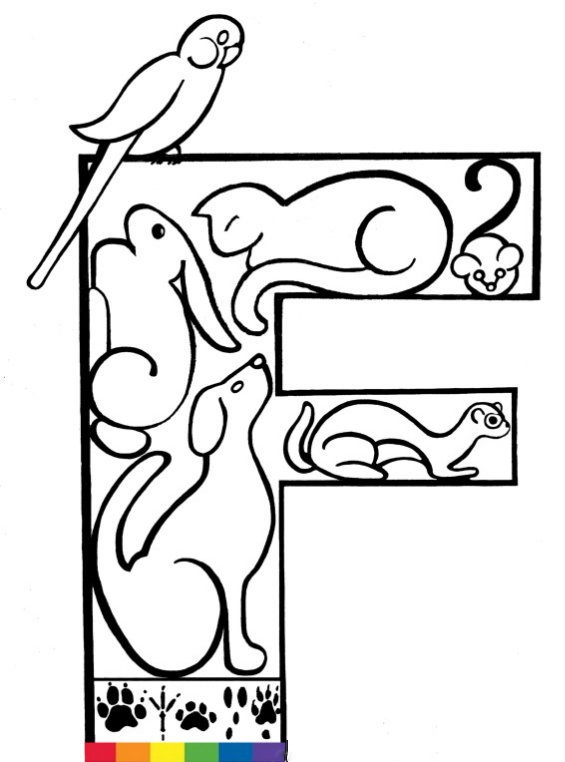SAFETY FOR DOGS IN YOUR BACKYARD
- It’s obvious that not every canine is born with wild outdoor instincts. We can only blame ourselves and generations of pet domestication for this, and that’s perfectly fine. We all love our adorable pups and maybe it’s for the better that they don’t act like wild wolves.
- Since we’ve domesticated our pets to behave like civil creatures, it’s also our responsibility to keep them safe—including in the backyard. We can’t expect them to suddenly develop survival instincts every time there’s danger lurking behind the garden hose.
- Check out these yard safety tips to keep your pets safe in the yard and away from the emergency vet!
- The first danger to your pets comes from plants and grasses. Just like humans, some plants and fertilizers are poisonous to dogs. Your dog can suffer from plant allergies, too. We all know how much dogs love to sniff.
- When your dog is playing outside, keep an eye out for excessive sneezing or itching as these may be signs that they are allergic to something nearby. If they start showing more serious signs like vomiting, they may have eaten something poisonous.
- While pollen, dust, and mold spores are the most common allergy culprits, check with your nearest vet to see what local plants you should keep an eye out for and check the label on your fertilizers to ensure they are pet safe.
- Keeping your lawn well trimmed and clean will help reduce the allergy potential for your pet. Short grass will also help prevent ticks.
- Ticks are the worst. They are small, hard to find, and can cause serious health issues both for you and your dog.
- Make sure to stay up to date on your pet’s flea and tick medication. When they play in the grass, give them a thorough search for any ticks that may have latched on. If your pet has long hair, run a comb through while you check to make it easier.
- If you find a tick, don’t squish it! That could cause an infection. Instead, try to pull it out with tweezers or soak your pet in a bath to drown and dislodge it.
- Depending on where you live, there could be snakes, skunks or predatory birds. If you think there may be other animals near your house, use caution whenever you let your dog out and keep an eye on them.
- An adequate height fence will not only keep other animals out, it will keep your dog in. This is probably the most effective way of keeping your pet safe in the backyard and preventing them from wandering off or getting hurt.
- If you live in an area where a fence isn’t possible (like an apartment complex), make sure to always supervise them and keep them on a leash. And don’t forget to pick up after them. Dog waste can carry bacteria and disease that’s harmful for other people and their pets.

